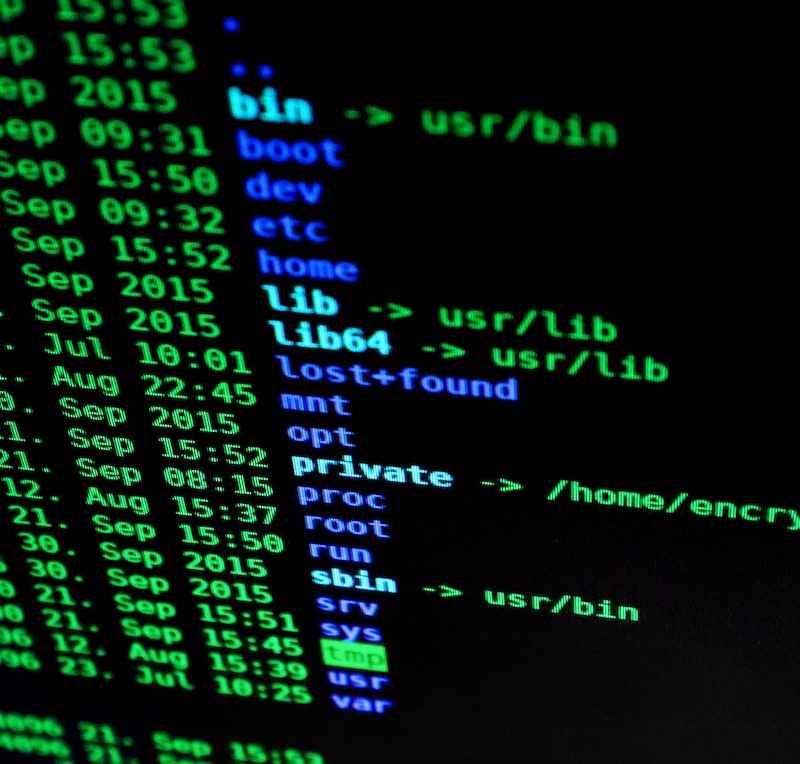Online organizations and even individuals implement various cybersecurity measures to ensure online privacy and protect their data from cyberattacks. While the cybersecurity market is a vast environment you can find a solution for basically any specific need, we see that people usually confuse firewalls and antivirus solutions, thinking they are alternatives to one another.
This is of course, not true. Firewalls and antivirus serve very different purposes although both aim to provide better security in the digital world. In this article, we’ll see how these two great security measures differ in terms of functionality and purpose. We believe understanding these differences will help you choose the correct solution for your needs.

Understanding Firewalls: A Brief Overview
Firewalls simply act as the first line of defense, a kind of security guard if you will. These services control the incoming and outgoing traffic in a protected network based on predefined rules and govern which data packets are allowed to enter or leave the network.
These tools operate by inspecting all the data packets traversing across the network, evaluating their sources, IP addresses, port numbers, or even content. Based on established rules set by IT admins, they either allow or deny a data packet after inspection. By selecting which data packets can access the network, firewalls drastically reduce the risk of data breaches, unauthorized access, and other cyberattacks.
With the modern versions of firewalls, we see more than just packet filtering. New-gen firewalls are now capable of deep packet inspection, content filtering, and proxy filtering. These advancements let firewalls protect a network against sophisticated cyberattacks as well.
Also Read- Google Bard AI: 10 Ways Its Better Than Chat GPT
Demystifying Antivirus Software: What It Is and How It Works
In terms of defending devices against malware and viruses, antivirus software comes up as the best option. They are designed to detect, prevent, and remove any malicious software from malware to trojans.
Signature-based scanning is at the heart of antivirus software’s primary features. The antivirus software checks the digital signature of a file or program against a database of known malware signatures whenever the file or program is accessed or run on a computer. If a match is discovered, the antivirus program quickly quarantines or deletes the compromised file to stop future harm.
To stay up to date with emerging threats, these solutions regularly update their signature database. These updates are critical to ensure the antivirus is capable of preventing new malware variants.
Also Read- 12 Coolest AI Inventions Of 2023
Core Differences Between Firewalls and Antivirus Systems
Firewalls and antivirus are both important security tools and are needed for different purposes. Even these two solutions have different variations based on specific needs; for example, while DNS firewalls prevent users to visit malicious websites, stateful inspection firewalls monitor the active connections. Similarly, understanding such differences between firewalls and antivirus is critical to know what you need.
Detection Mechanisms
Firewalls enforce the policies and rules set by network administrators and rely on these to operate. They consider factors such as IP addresses, port numbers, and protocol types. While modern firewalls have a more sophisticated structure, they are still not as capable of detecting malware instances.
On the other hand, antivirus uses signature-based scanning, heuristic analysis, behavioral analysis, and machine learning algorithms. This combination provides the ability to detect and remove more sophisticated malware attacks.
Deployment and Functionality
Firewalls are usually deployed at the network perimeter since their main focus is to monitor and control the network traffic. They can either be hardware appliances or simply software installed on network devices such as servers or routers.
On the other hand, antivirus solutions are almost always implemented on individual user devices, and they provide endpoint protection. They monitor the files, applications, and system activities within these individual devices to detect potential malware infections.
Scope of Protection
Firewalls primarily focus on network security. They are the first line of defense and the barrier between a private network and the Internet. By monitoring and filtering malicious data packets, they protect a network against network-based threats such as DDoS attacks.
Antivirus software concentrates on endpoint protection, meaning they protect the end-user and their devices. Since files and applications might contain malware that can cripple a device, antivirus software scans everything in the device to find and remove it. In this regard, antivirus is device-specific whereas firewalls protect a whole network.
Read- Upcoming Dangers From AI That Can’t Be Ignored
How Firewalls and Antivirus Complement Each Other
While they are vastly different, a proper security structure should make use of both of these tools. Every private network needs a firewall solution to protect itself from threats that may cause downtime or disrupt operations. Firewalls are needed as the first thing to protect the perimeter.
With that being said, firewalls don’t replace antivirus solutions. Even if the network perimeter is protected, user devices can still get infected with malware and cripple them. They both prevent malware attacks and even help users get rid of them if an incident happens. That’s why these two solutions complement each other and maximize the level of security.
Decision Time: Do You Need Both Firewall and Antivirus?
In order to protect your digital assets, firewalls, and antivirus software each have a specific yet complementary function. By limiting incoming and outgoing traffic, firewalls safeguard your network, whereas antivirus software guards individual devices against infection. For complete protection, both strategies must be used since they complement one another and address various facets of cybersecurity. It is important to use firewall and antivirus software together when deploying security measures to build a strong defense against online threats.
Role of Firewalls and Antivirus in a Comprehensive Security Strategy
A thorough security plan must include both firewalls and antivirus software as key components. While antivirus software protects individual devices from viruses, firewalls serve as the first line of defense, defending networks from external threats. Together, they provide a defense-in-depth strategy that improves the likelihood of seeing and thwarting attacks at various stages. To stay abreast of new risks, frequent updates and reviews are important. Combining these actions will create a robust cybersecurity framework that will guarantee a secure digital environment for people and enterprises.
Case Studies: Firewall and Antivirus Synergy in Real-World Scenarios
Examining real-world case studies highlights the effective synergy between firewalls and antivirus software in combating diverse cyber threats.
Let’s take a look at a scenario that explains the real-life use case of firewalls and antiviruses together. A large financial institution was attacked by a sophisticated cyberattack. The firewall of the network successfully detected and prevented the malicious traffic from attempting to exploit the network’s vulnerabilities. However, one of the end-users downloaded a malware-ridden email attachment at the same time. Here, the antivirus was the solution that detected the malware on the user’s device and removed it to prevent further contamination.
Maintaining Security: Regular Updates and Reviews for Firewall and Antivirus
While these two security solutions are highly capable of protecting networks and devices, all of them have vulnerabilities that need to be identified. More than that, we know that cybercriminals are coming up with new types of attacks, so the tools to counter them should also be updated.
For this reason, regularly reviewing the security level and detecting the weak points of these solutions is important. Organizations should always look for the updates sent by the developers and review these solutions with their own teams to be ready against emerging threats.

























![The Apex Legends Digital Issue Is Now Live! Apex Legends - Change Audio Language Without Changing Text [Guide]](https://www.hawkdive.com/media/5-Basic-Tips-To-Get-Better-On-Apex-Legends-1-218x150.jpg)









